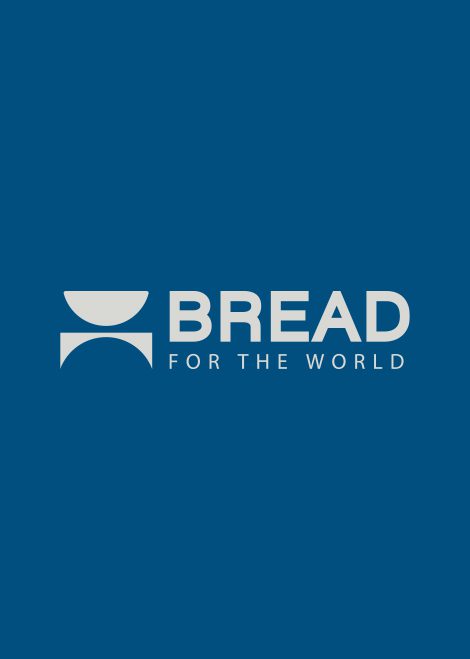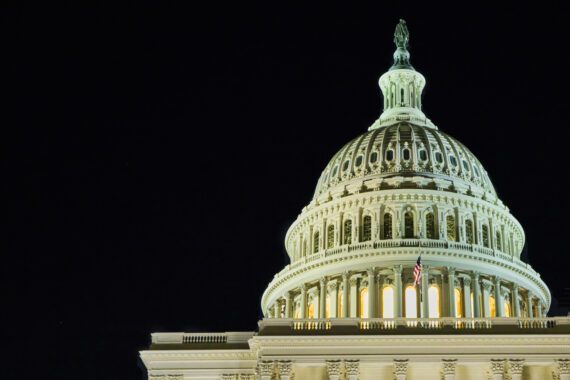Washington, D.C. – Today, Republican leadership in the House of Representatives postponed a scheduled vote on H.R. 5230, a supplemental funding bill aimed at providing emergency aid for the unaccompanied children crisis. Unlike its Senate counterpart, S.2648, the House bill does little to address the root causes of migration, allocating only $40 million to repatriation efforts, while ignoring other vital programs shown to lessen push factors like hunger, poverty, and violence that force children to flee.
“We cannot approach this humanitarian crisis with blinders on,” said Rev. David Beckmann, president of Bread for the World. “We need policies that address the violence, hunger, and poverty splitting families apart and creating a generation of unaccompanied children.”
Though H.R. 5230 provides funding for repatriation and reintegration efforts, it fails to provide additional resources for economic development and other critical programs that promote improvements in civil society and governance in countries of origin. The bill would be offset, in part, by using unexpended funding from the State Department’s Economic Support Fund, which provides some funding for poverty-focused development assistance programs.
“Taking money from one anti-poverty program to fund another is unscrupulous at best,” said Beckmann. “We can’t cover a festering sore with a band-aid and expect it to heal. We need to work with the governments of Guatemala, El Salvador, and Honduras to help create a safe and economically stable environment in those countries, not just pay lip service.”
Bread for the World also opposes repeals made by H.R. 5230 of a key anti-trafficking law that would deny Central American child migrants the right to adjudication before an immigration judge and due process protections.
“As a Christian I truly believe that all people, regardless of documentation, have an indelible right to be treated with dignity and respect. A country that prides itself on life, liberty, and the pursuit of happiness has to have policies in place that reflect this, ” said Beckmann.
As debate concluded on H.R. 5230 this afternoon, it became clear there were not enough votes needed to pass H.R. 5230, and the bill was subsequently pulled from the House floor. Bread for the World strongly urges members of the House of Representatives to revisit this legislation and include provisions that address the root causes of this crisis, primarily hunger, poverty, and violence, in any final legislation.



